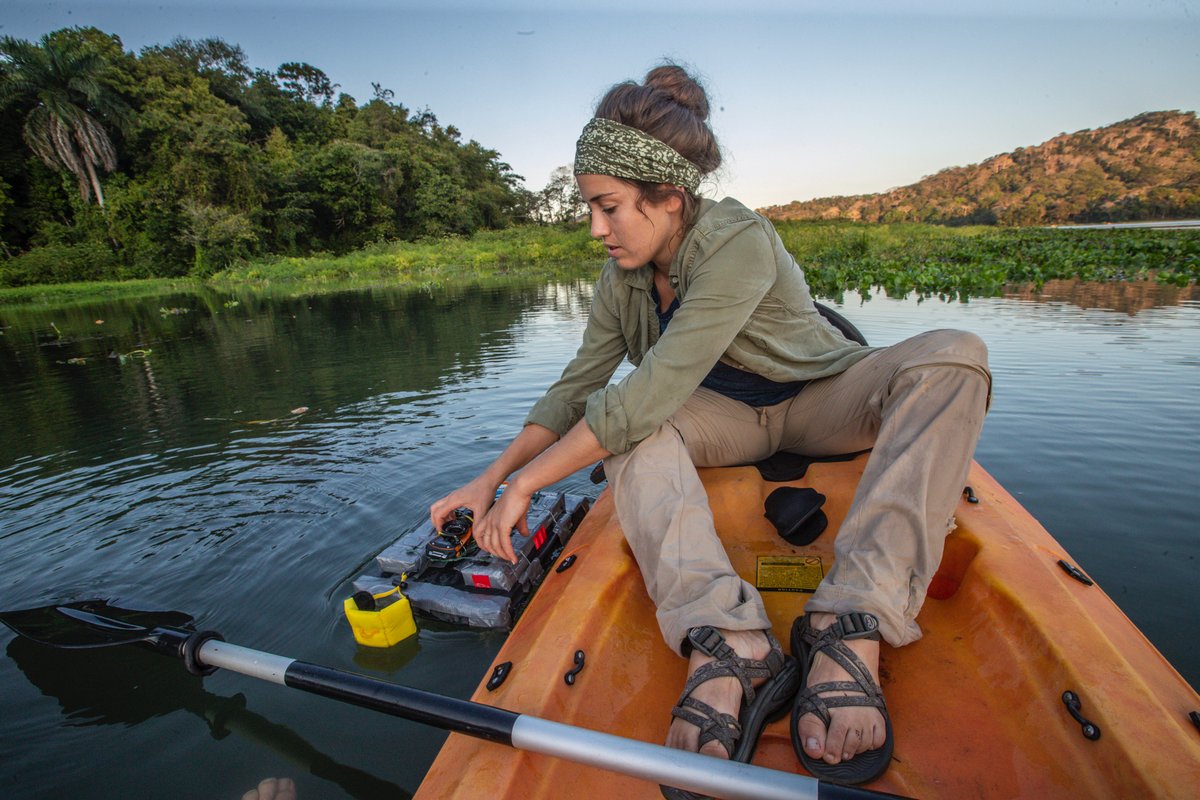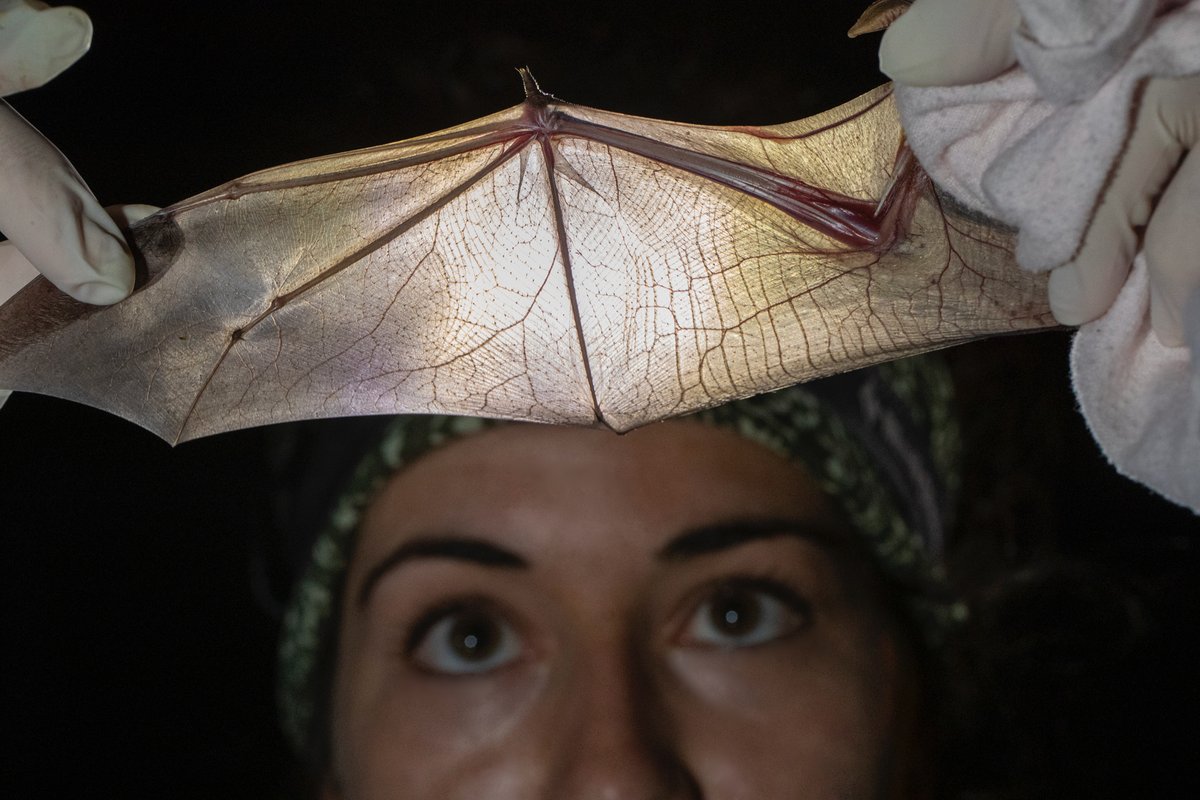
Testing the ecological and evolutionary drivers of social information use in foraging bats
To understand collective behavioural outcomes of animals in the wild, it is essential to consider the ecological and evolutionary forces at play. The project Testing the ecological and evolutionary drivers of social information use in foraging bats specialized on ephemeral insect prey by Jenna Kohles and Dina Dechmann combines biologging with camera trapping of the prey landscape and physiological measurements of energetic balance to test the ecological and evolutionary drivers of social information use in foraging bats specialized on ephemeral insect prey.
With the biologging technologies available during the last decade, experiments tracking flight and calling behaviour of bats had to be performed separately. That is why the true drivers of these behavioural outcomes are still not disentangled. Using new, cutting edge technology in the wild, the team can now quantify and integrate dynamic social networks of whole social roosting groups of foraging bats with synchronized networks of the social information available to them from group members. The researchers will complement these two data networks with motion data revealing flight behaviour and trajectories.

Copyright: Christian Ziegler, Max Planck Institute of Animal Behavior
